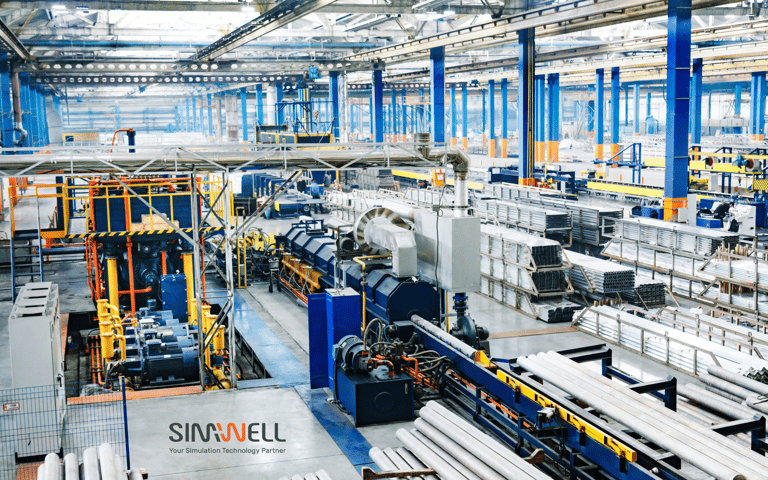
Production scheduling is a vital part of any business. It helps organizations plan ahead and prepare for spikes in demand, unexpected bottlenecks, supply chain disruptions, and more. Let’s explore what production scheduling is and the key things you need to know about it.
What Is Production Scheduling?
A production schedule refers to the process of optimizing production to coincide with consumer demand.
This helps managers and their businesses understand what’s likely to be needed in the future. Better planning leads to increased throughput, higher levels of customer satisfaction, and better utilization of resources. It also helps managers avoid missing production targets, wasting resources, and being late on customer commitments.
Production scheduling establishes a production timeline by listing the processes necessary to help operations run more efficiently. A thorough production schedule will identify potential problems that may occur, such as current or future supply chain disruptions and bottlenecks.
1. Production Scheduling 101: How to Develop a Production Schedule
When developing a production schedule, it’s important to consider factors that will impact the schedule, such as:
- The time it takes to create your product
- The resources and raw materials that will be needed now and in the future
- Potential supply chain disruptions
- Unexpected bottlenecks that could hinder the production process
These general guidelines can help you get started with production scheduling:
Identify the Materials Needed
Make sure to list the resources, labor, and materials necessary to product development. This includes any raw materials, supplies, processes, and employees.
Map Out the Production Journey
Mapping out the production journey helps define the production process, from the raw materials needed to a product’s final phase. This helps businesses understand the tools and resources needed during every stage of production.
Manage and Schedule
Effectively managing all processes involved in production ensures that everything operates as efficiently as possible. This helps businesses prepare for unexpected spikes in consumer demand or supply chain disruptions.
Test Before Implementing
Before executing your production process, it can be helpful to test different scenarios using a factory simulation model. This can help prevent wasted resources and time.
2. How to Optimize the Production Scheduling Process
When it comes to effective production scheduling, the right technology makes a major difference. Production modeling solutions like SimWell have the ability to simulate and test various production scenarios prior to implementation, which can help organizations:
- Create and test different production schedules before physically carrying them out.
- Achieve improved capacity planning, which reduces or eliminates slow decision-making, low efficiency, high overtime costs, failure to meet customer orders on time, and more.
- Accurately measure the impact of getting more or less failures using different machines.
- Test different production scenarios, such as using some or all available production lines simultaneously.
- Increase the throughput of production lines (prior to investing in actual equipment upgrades).
3. How to Test Different Scenarios Before Committing
Because of numerous complexities in system interactions, high variability across operations, and resource constraints, it can be extremely difficult to predict how a manufacturing operation will perform. This is where a factory simulation model can help.
Factory simulation allows manufacturers to test different operation scenarios, which helps them understand future performance in a risk-free environment. By analyzing various scenarios and predicting how the operation will perform, businesses can easily meet their long-term objectives, such as production increases or overall cost reductions.
Streamline Your Company’s Production Scheduling Process
SimWell is an industry leader in simulation. We build simulation models tailored to your production line, allowing you to compare schedules, optimize resources, and increase throughput. Our unique process, the SimWell Project Methodology, helps us capture everything that makes your operation unique using a factory simulation model.
Interested in optimizing your production scheduling process and taking your business to the next level? Let’s talk today! Click here to schedule a consultation with us.






